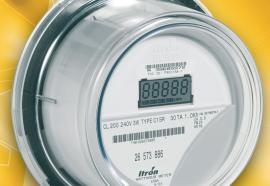Rethinking 'Dumb' Rates
Achieving the smart grid’s potential requires a revolution in electricity pricing.
Achieving the smart grid’s potential requires a revolution in electricity pricing. Smart metering and smart rates might yield surprising and beneficial changes in the U.S. utility industry. But capturing those benefits will require an intelligent and careful approach to implementing dynamic pricing.








